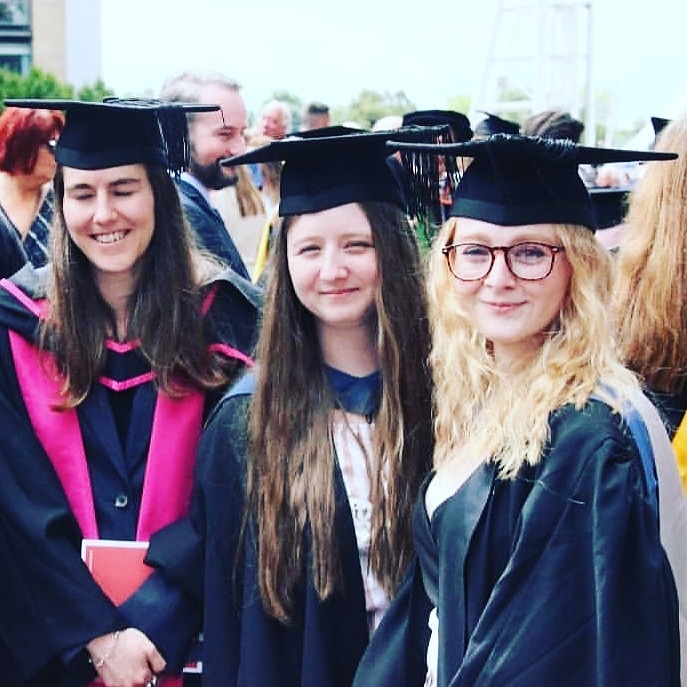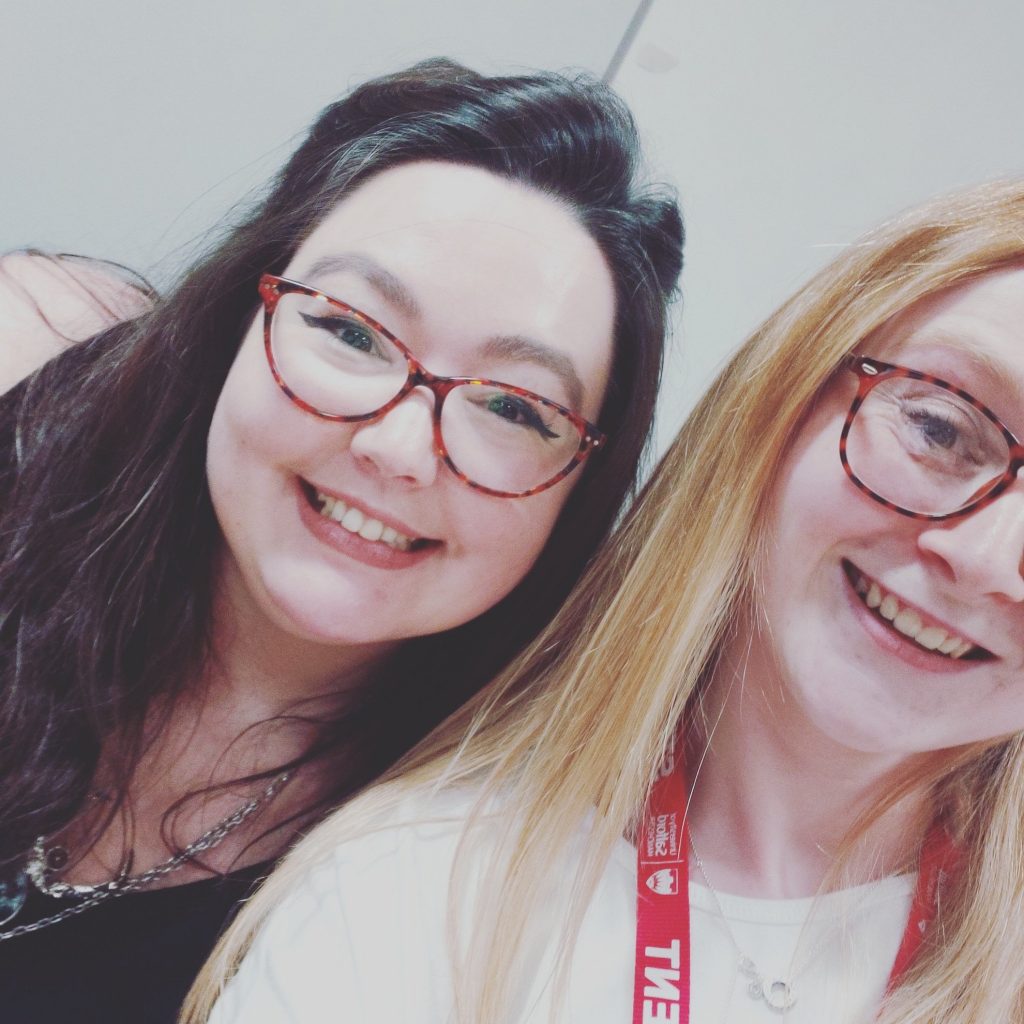With the goal of building a successful and rewarding career in academia, one of our BA (Hons) English Literature with English Language graduates, Jess Porter, decided to continue her journey with a Master’s in Literature and Culture at Salford. Read on to find out about her experience…

My Master of Arts in Literature and Culture is a stepping stone towards writing my PhD and career in academia as it has allowed me to gain a deeper insight into the theoretical research behind the production of literary and cultural texts. It will also benefit my creative writing as I have an increased knowledge of the theory and practice behind it.
The reasons for returning to Salford for my postgraduate degree were plentiful: I was attracted to the location of the campus with its proximity to Peel Park, The International Anthony Burgess Foundation and the Working Class Movement Library; I knew the atmosphere and felt comfortable there; and the lecturers were always happy to help with anything and are also actively involved in research, academic and fictional writing.
The collaborative nature of this course was also particularly attractive to me due to the benefit of working across platforms. The materials used on the course were quite open, allowing students with a mixture of research interests to come together to study and learn collaboratively – despite being on a literature programme, I had the opportunity to work alongside Creative Writing: Innovation and Experiment students and lecturers, honing my creative skills. Ultimately, Salford offered more, including the opportunity to attend literary events and ‘meet and greets’ with famous authors, such as Katie Lowe and Sean Hewitt.
From an undergraduate to a postgraduate degree, lecturers are looking at a different style of writing and working. While I admit that I originally found it hard to change my style, I worked with my lecturers and other academic support facilities at the University – Library and Wordscope workshops – to improve my standard of critical writing. I would also whole-heartedly recommend reading through Salford’s printed guides to referencing and postgraduate writing that are available, whether you struggle with academic writing or not.

The purpose of a master’s degree is to provide students with the opportunity to hone their research, and my favourite thing about postgraduate study was the freedom to develop your own specialist research interests. One of the assignments for the Professional Practice module was to organise a student-led research event where we all had the chance to present our research area of interest to a panel of lecturers and fellow students. Not only was the event a networking opportunity, but the chance to refine my research interest and explore the ‘next steps’ of completing this degree with a focus on doctoral study and grant funding applications. Alongside my own presentation, I was also the social media manager for the event and gained valuable experience in promotion and marketing.
As a taught master’s student, the first two trimesters involved two 30-credit modules and four 15-credit modules, so I attended university for four hours a week, from either 15:00-17:00 or 16:00-18:00. Personally, the timetable benefitted me as it meant that I could focus on my studies and research during the day and work alongside my studies. My timetable for trimester three had no scheduled face-to-face learning as you are solely focused on your dissertation; there is, however, the option for up to 12 hours of meetings with the lecturer who is supervising your dissertation, depending on your individual needs.
Speaking from experience, Salford offers lots of opportunities – academic, industry based and social – that will benefit students and if you want to study a postgraduate degree where the lecturers are as motivated as you, then pick Salford.
Find out more about postgraduate study with our range of postgraduate open days and talks.






ok I know I’m her dad and I’m biased but go Jess get that PhD if I can do it you can